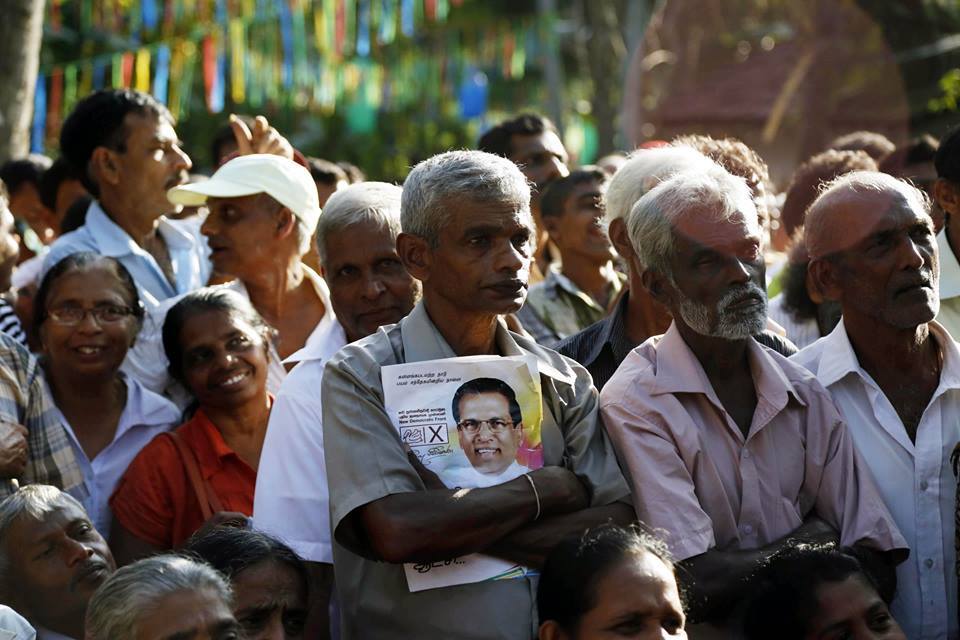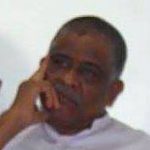February 1917 & January 2015: Fake Similarities – Reply To Prof. Kumar David

Prof. Romila Tharper once said that a serious historian should have the sharp eye of a detective gathering even minute details related to the phenomenon that she studies. Hence, she advises her research students start with reading Agatha Christie. Of course no historian can collect every necessary markers as she may miss many due to multiple reasons that are beyond her control. Hence lacunas may exist, but the next generation of historians may build on that collecting newly unearthed materials thus filling the gaps in the writings of their predecessors. Leon Trotsky writes the following on the task of the historians. “[H]istory ought first of all to tell what happened and how. That, however, is little enough. From the very telling it ought to become clear why it happened thus and not otherwise. Events can neither be regarded as a series of adventures, nor strung on the thread of a preconceived moral. They must obey their own laws. The discovery of these laws is the author’s task” (History of Russian Revolution). The presence of gaps may be understandable and such defects should be clearly separated from distortions, made wittingly or unwittingly, in history-writings. Distortions may happen due to total disregards of the facts that were intentionally placed under the carpet or in the back-burner. The historians subjective bias may creep in in their work generating partial histories. Hence, Trotsky warned that “the subjective tone .. is not permissible in a work of history”. It is interesting to note that the second kind of distortions may happen when reading history. We more often read history not to understand what had actually happened in the past but to legitimize and to understand the present. It is in itself not a crime. Nonetheless, in the process, we may see in many instances people tend to read the past in order to justify the present thus very often distorting the history. The classical example for this second kind of distortion is Prof. Kumar David’s article on the Russian Revolution in Colombo Telegraph (February 26). The argument put forward by Dr. Vickramabahu Karunaratne, the General Secretary, NSSP is basically similar. Both are trying to show that what happened in Sri Lanka on January 8, 2015 was similar to what happened in February 1917 in Russia. Hence Russian event is reinterpreted. Prof. David writes: “If you scale down from the world-historical to the national, then January 8 is our February. Two things are common; a despised autocracy was dismantled and secondly huge aspirations for a better future were unfurled”. Just accept for the moment the absurd idea that the Rajapaksa regime was similar to the rule of Tsar Nicholas 2. Then Prof David laments: “They reached their October; but we are still stuck in the mud sans a bourgeois democratic yahapalanaya.” What does it imply? January 8, 2015 had the potential and the capacity that would produce Sri Lankan October, placing the state political power in the hands of the Sri Lankan version of Bolshevik Party. Destroying all the hopes of Prof. David and the renegades associated with him, the proverbial pigs of the well-known English adage stubbornly refuse to grow wings, to look like giant bumblebees in order to fly towards Prof. David’s projected optimistic future.

The Professor of Electrical Engineering has misinterpreted history by telling us similar events took place in February 1917 and in January 2015. Why? The existing regimes fell and new regimes were formed. For his formal logic A = A. Does it mean that cheese and chalks are similar because the color of the both is white? In his own words this is what had happened in February 1917; “A Provincial Government of grandees and liberals was formed with Prince Gregory Lvov as prime minister. Far more important for posterity was that on the 27 February the popular councils of the city united to form the Petrograd Soviet of Workers and Soldiers deputies. A state of Dual Power (two parallel state powers in one country) came into being”. Ha ha! February 1917 not only force Tsar Nicholas 2 to abdicate but also led workers to form their own power structure, Soviets. Here, I have no intention to engage in a discussion on Lenin’s astonishment to see this “unexpected” developments.
